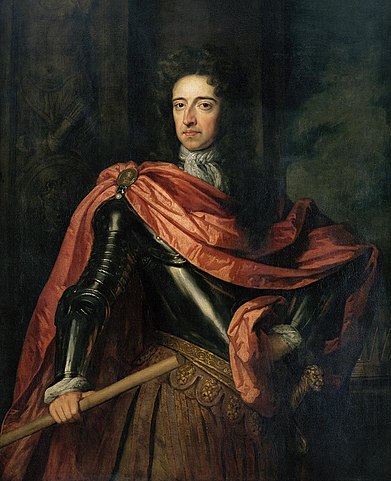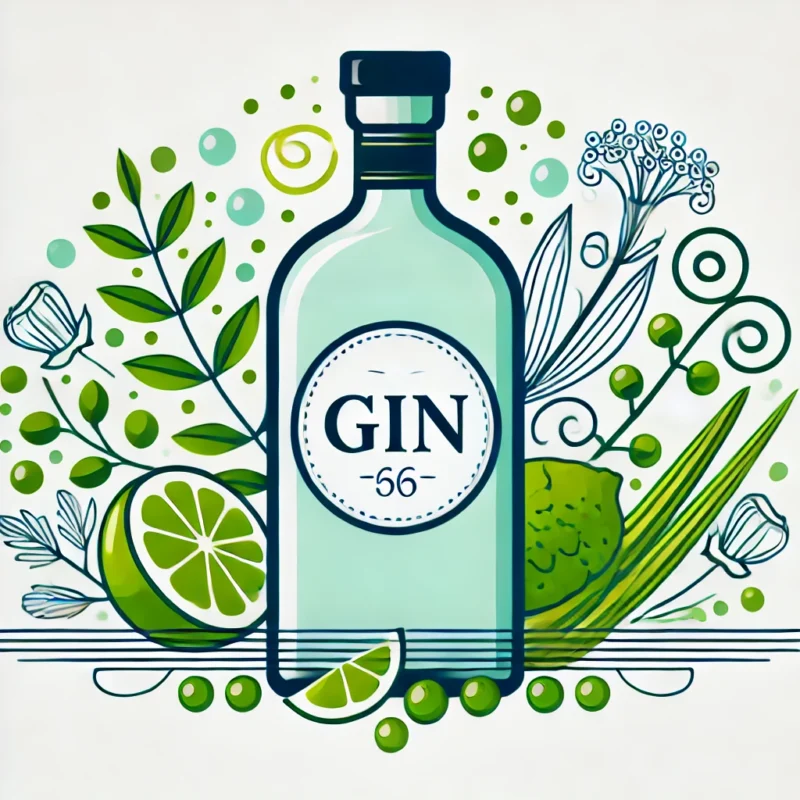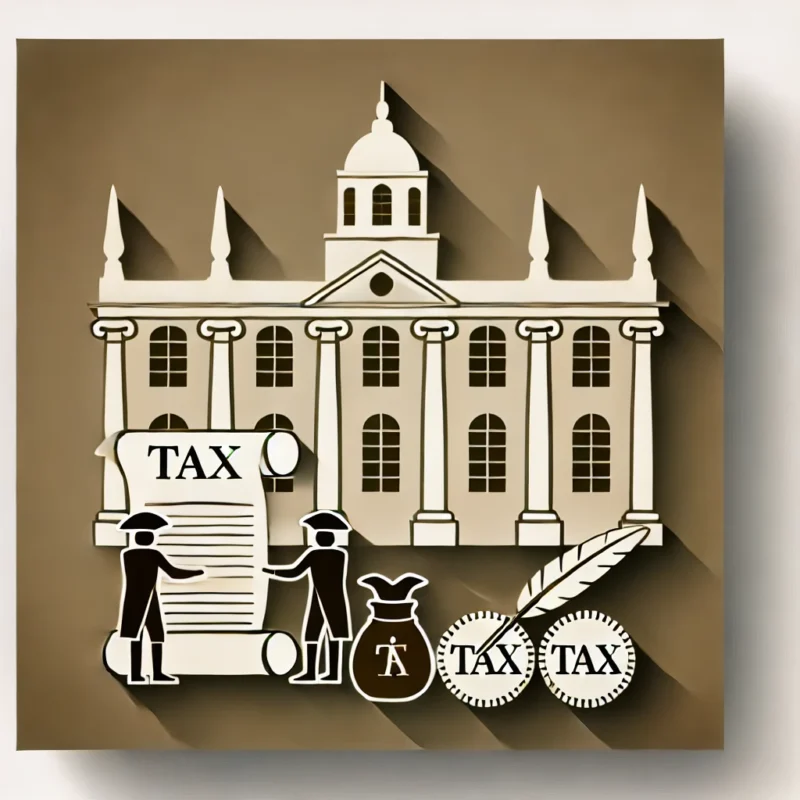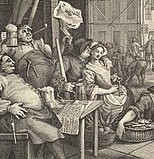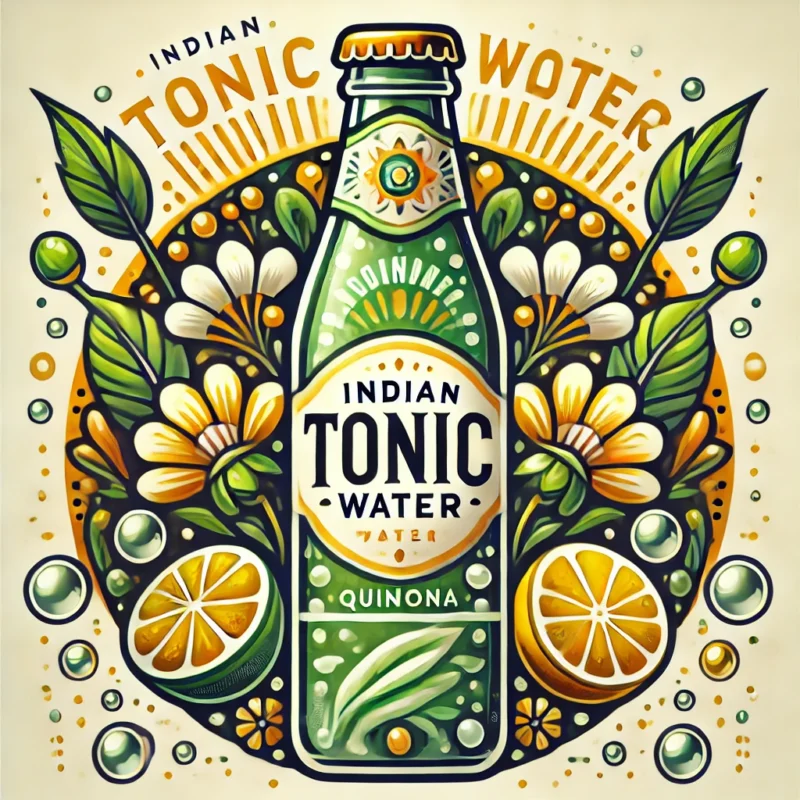William of Orange
In June 1688, England found itself on the brink of a monumental political upheaval. Two significant events that month transformed growing dissent against King James II into a full-scale crisis. The first was the birth of his son, James Francis Edward Stuart, on June 10. This newborn heir threatened to establish a Catholic dynasty, unsettling many who had anticipated that the Protestant succession would continue through James’s daughter Mary and...
Read More
Gin
With the arrival of William of Orange, later King William III, jenever, and locally produced gin, became a fashionable drink and not just a medicine. Gin drinking in England rose significantly after the government allowed unlicensed gin production, and at the same time imposed a heavy duty on all imported spirits such as French brandy. This created a larger market for poor-quality barley that was unfit for brewing beer, and...
Read More
The Gin Act
Politicians and religious leaders argued that gin drinking encouraged laziness and criminal behaviour. Parliament passed the Gin Act 1729 which increased the retail tax to 5 shillings per gallon. With the Gin Act 1736 the government imposed a high license fee for gin retailers and a 20 shillings retail tax per gallon. These actions were unpopular with the working-classes and resulted in riots in London in 1743. The license fee...
Read More
William Hogarth
Beer Street and Gin Lane are two prints issued in 1751 by English artist William Hogarth in support of what would become the Gin Act. Designed to be viewed alongside each other, they depict the evils of the consumption of gin (then a generic term for grain-based distilled spirits) as a contrast to the merits of drinking beer.
Read More
Indian Tonic Water
As early as the 17th century the Spanish used quinine from the bark of Cinchona trees to treat malaria after being shown the remedy from the Indigenous peoples of Peru, Bolivia, and Ecuador. In early 19th century India and other tropical posts of the British Empire, medicinal quinine was recommended to British officials and soldiers to prevent malaria, where it was mixed with soda and sugar to mask its bitter...
Read More




